With so many different versions of Godzilla and there being such a rich history full of interesting creatures within the character's universe, there have been a ton of canceled Godzilla movies that could have been awesome. Instead, the first Hollywood blockbuster version of the iconic creature was a by-the-numbers disaster movie where the disaster just happened to be a giant monster. It’s a messy movie, even if it is loved by nostalgia-goggle-wearing 90s kids.
Hollywood’s second attempt at adapting the material was almost the exact opposite, as it featured incredible CGI but was criticized for its slow pacing. Both movies have unintentionally hilarious scenes, and it's tough to decide which of the two is superior.
10 1998 Version: Practical Effects
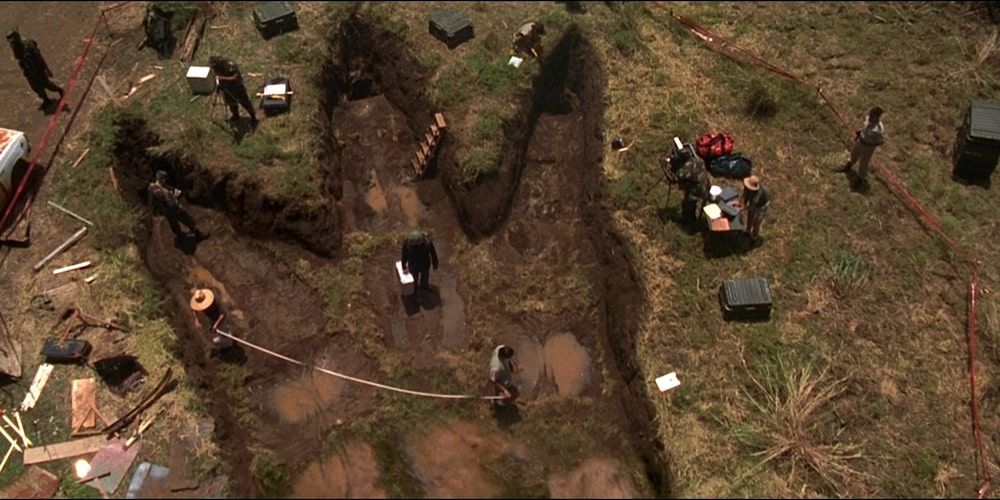
Though the 2014 movie was clearly way ahead of the first movie in the CGI department, the 1998 Godzilla has surprisingly great practical effects. From the car crashes on the streets of New York to the giant eggs left by the monster and the giant footprints in the ground, there were some expertly creative uses of practical effects. Though it still wasn’t enough to make audiences ignore the ghastly CGI rendered monster—which even looked bad upon its release—the practical effects were more than satisfying.
9 2014 Version: Faithful To The Original Version
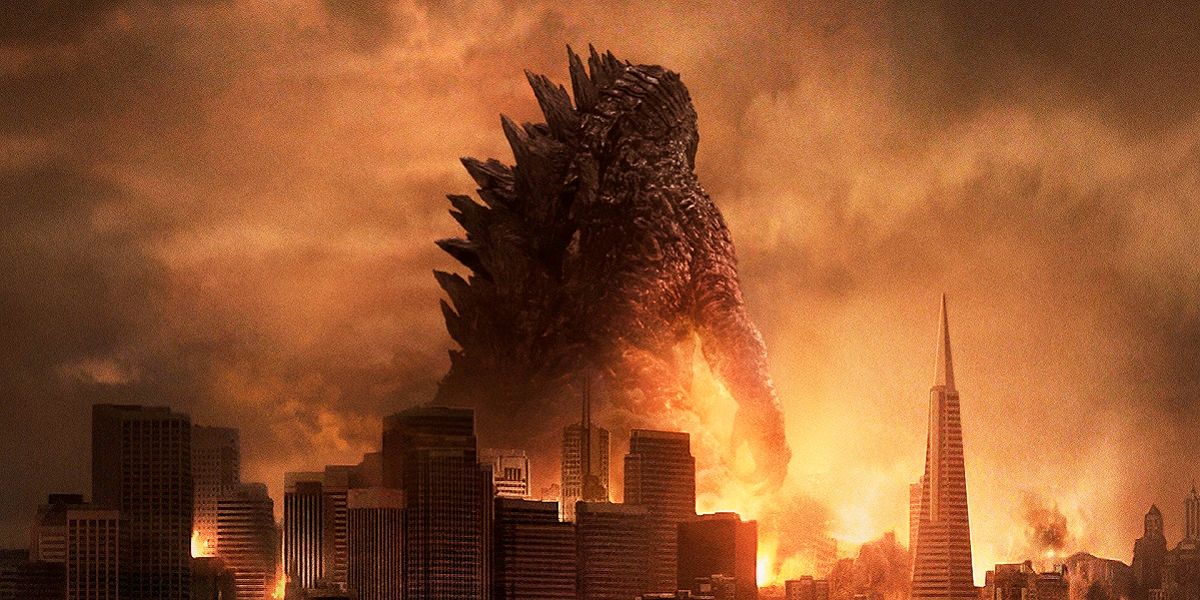
As the backstory of the monster was massively sidelined by the 1998 disaster movie, the 2014 version spends a lot of time and takes a lot of care in detailing Godzilla’s history. Not only that, but there are some subtle details that are nods to the original lore of the creature too. This version of Godzilla is covered in scars, just like the original version, which is a reference to the scars on the survivors of the Hiroshima bombings.
8 1998 Version: Keeping Exposition Brief
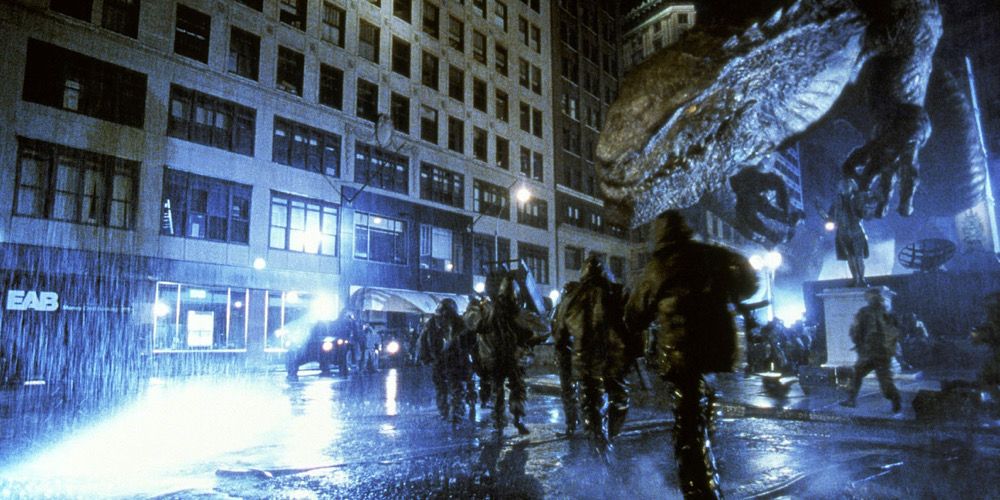
The biggest problem with 2014’s Godzilla is how much exposition there is, and, with it being delivered in such a deadpan manner, it made the movie too sluggish to get through at times.
But, with the 1998 version having no interest in going into any detail about anything and being absolutely surface level in its backstory, that at least means there aren’t any five minute long monologues about the army’s intentions, which is what took up way too much time in the newer movie.
7 2014 Version: The Villain (And Setting Up The Monster Franchise)
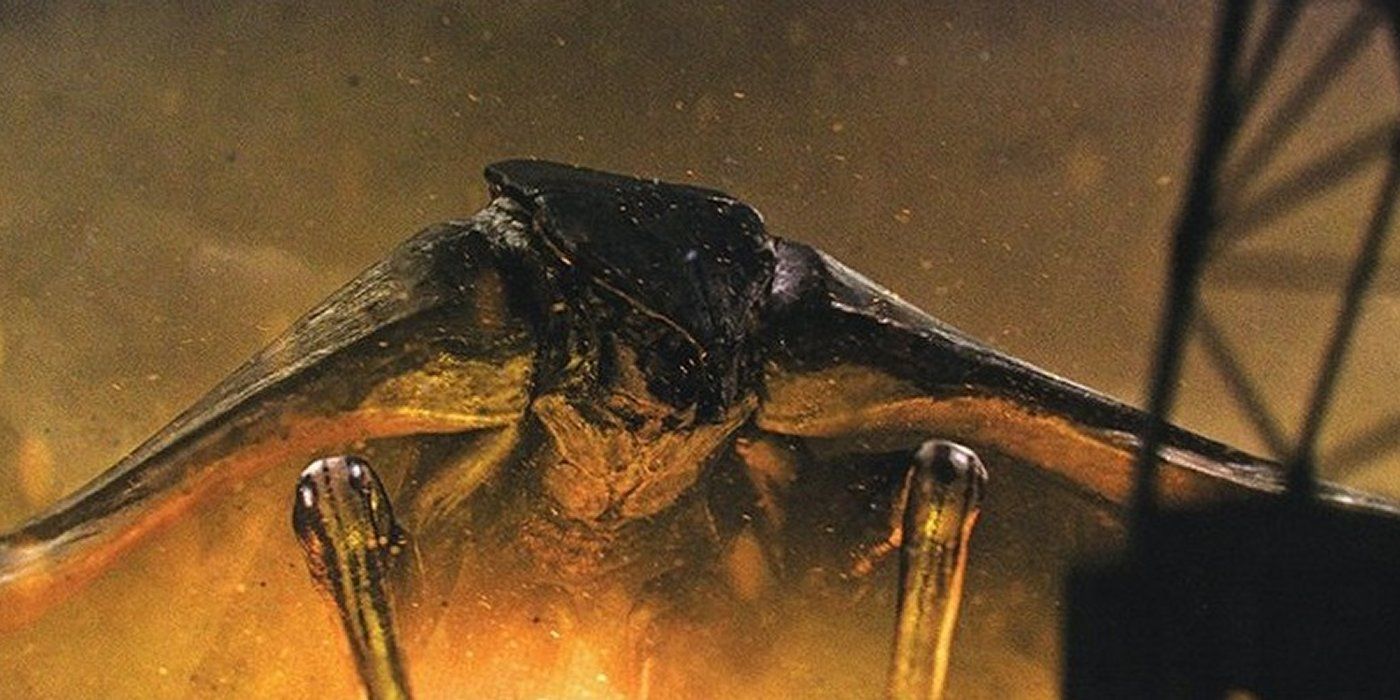
The 1998 blockbuster movie had Godzilla face off against the army, and what’s even more unsettling is that the army wins, so there was something majorly lacking in the department of bad guys, especially seeing as Godzilla has loads of villains.
Thankfully, the 2014 movie rectifies that, as the sea monster is at war with two parasitic monsters known as MUTOs, and any human casualties were people just caught in the crossfire. It was a much more powerful approach, and, as the series continues pitting Godzilla against other creatures, audiences are about to see the biggest one yet with Godzilla vs. Kong, which is one of the most anticipated movies of 2021.
6 1998 Version: The Characters
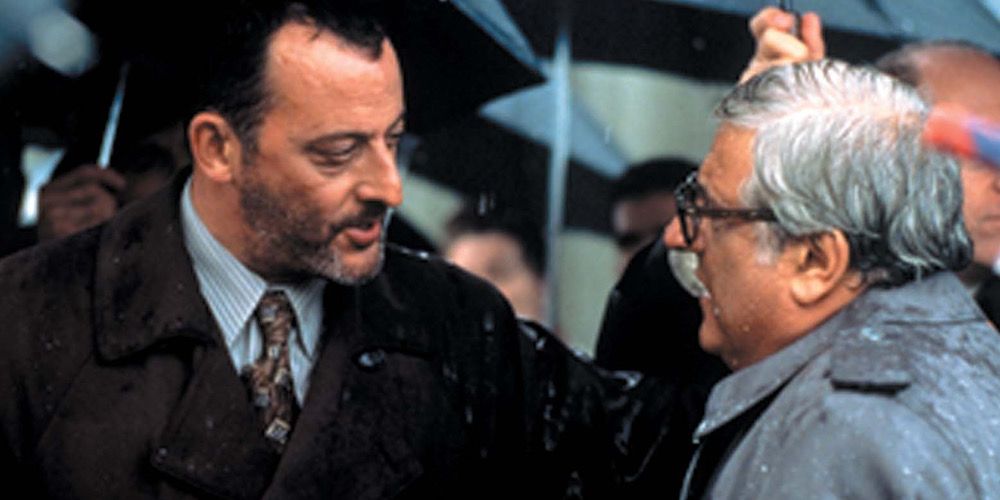
There are almost no interesting characters in the 2014 movie whatsoever, as the only intriguing character it had, Joe (Bryan Cranston,) was killed off not even halfway into the movie, and it’s one of the things the series repeatedly gets wrong.
However, the characters in 1998’s Godzilla are fun, even if they are stereotypical and totally cliched, and the crown jewel of them all is Philippe (Jean Reno,) who is the beating heart of the movie.
5 2014 Version: That HALO Jump
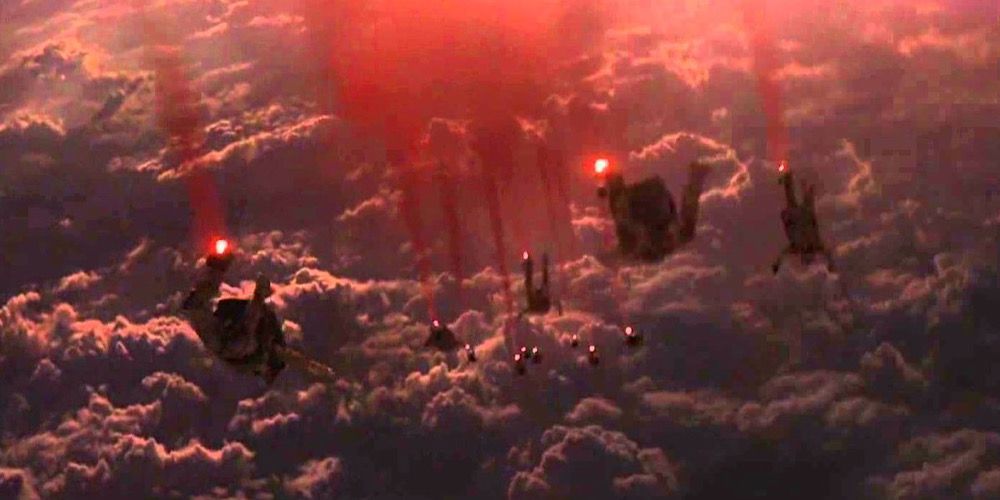
The HALO jump is a masterclass in cinematography. The sequence is from the perspective of Ford (Aaron Taylor-Johnson,) as the audience can see only as much as him through the mask; the red smoke and the tiniest glimpses of the monster.
Not only is it breathtaking, remarkable, and strangely beautiful, but it’s tense, as well, as this group of men are diving into the sky knowing that a giant monster looms in the vicinity. With the haunting music, it’s as if they’re diving straight into hell, and it’s the most impactful part of the movie.
4 1998 Version: Keeping Godzilla Hidden
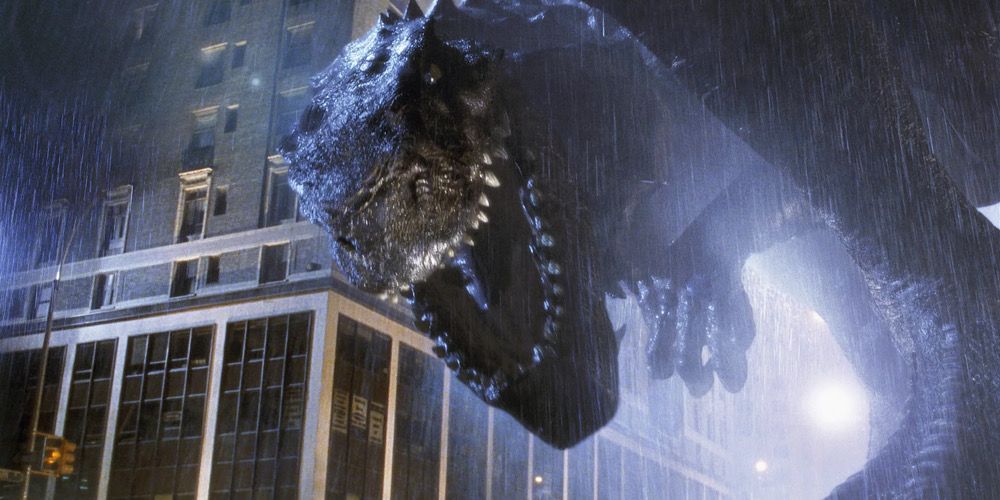
It may come as a surprise, but Godzilla was only in the 1998 movie for a total of 11 minutes, which is one of the interesting facts about the movie. This is one of the few cues that the 2014 movie took from the 90s version, as Godzilla also features for a very little amount of time in that one.
However, when Godzilla isn’t around in the 2014 movie, the absence is felt, as everything else happening is so mind-numbingly boring. The 1998 version does this much better, as there are at least a couple of fascinating characters.
3 2014 Version: The Ending
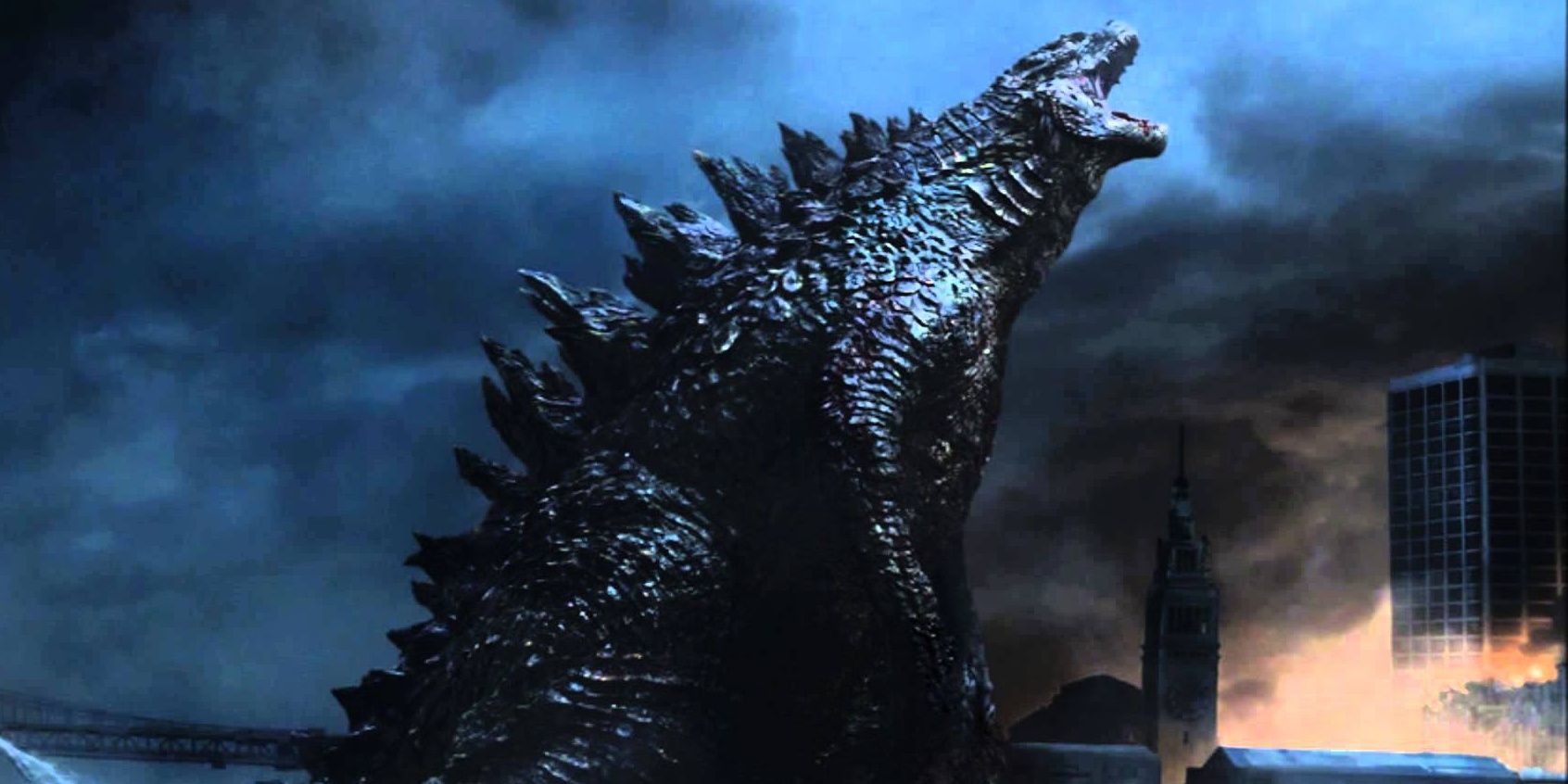
In the ending of Roland Emmerich’s Godzilla, the titular character was actually killed off, and it’s as if the writer almost knew how bad of a reception the movie would have, crossing out any possibility of a sequel. It was a good move, as a sequel to that version would have been torturous, but killing off the monster never felt right.
With Gareth Edward’s take on the material, not only does Godzilla live, but it has a celebratory yelp into the sky, shooting out a giant beam of electricity before swimming back into the ocean. It’s a classy move as well as sticking its middle finger up to 1998’s Godzilla.
2 1998 Version: The Setting
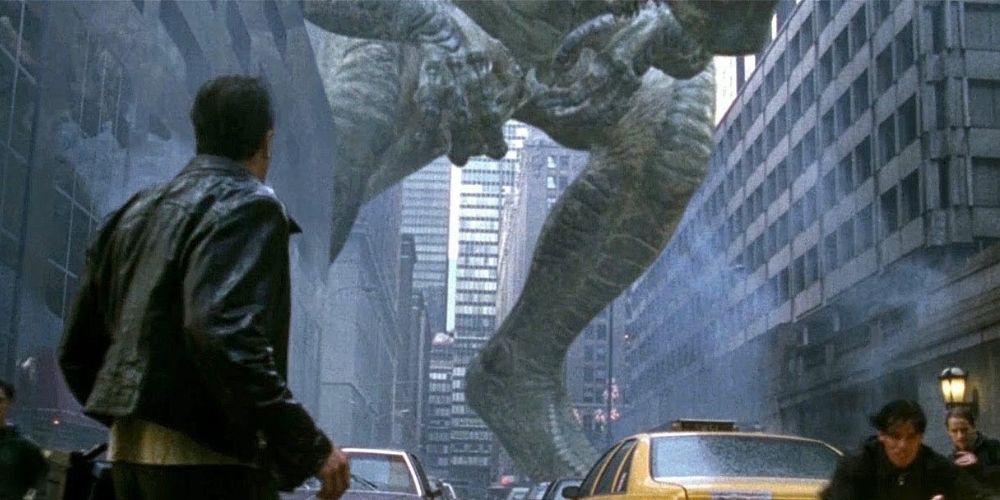
The movie uses New York almost as a character itself, and it cleverly uses iconic monuments and locations as part of the narrative. One pilot even inadvertently destroys the Chrysler building when trying to shoot the monster, even though it’s a wonder how he misses the monster, as it’s a fairly large target.
The monster even uses Madison Square Garden as its own personal nest, as the stadium is full of the creature’s eggs just waiting to hatch. On top of all that, there are, of course, yellow taxi-cabs in almost every scene.
1 2014 Version: Godzilla

It’s no secret that the 1998 version of Godzilla is atrocious looking, and not only did it look ridiculous, but it kept changing sizes too. The way the monster looked was so bad that in Japan they apparently call it “Zilla,” because it was missing the "God." The 1998 version and the 2014 version are worlds apart, as the sea creature in the newer movie is gargantuan, and audiences got an epic sense of size, and it’s why it was one of the best movies to watch on IMAX.
from ScreenRant - Feed https://ift.tt/2NiyOPf
via IFTTT







0 comments:
Post a Comment